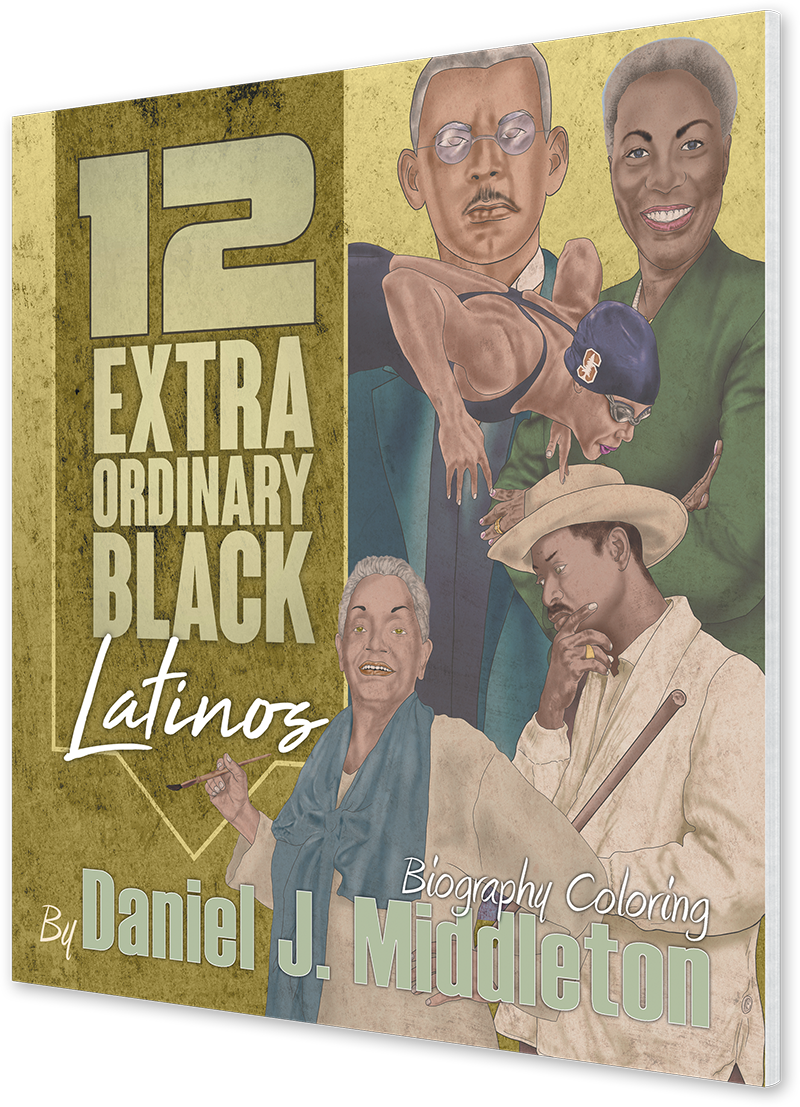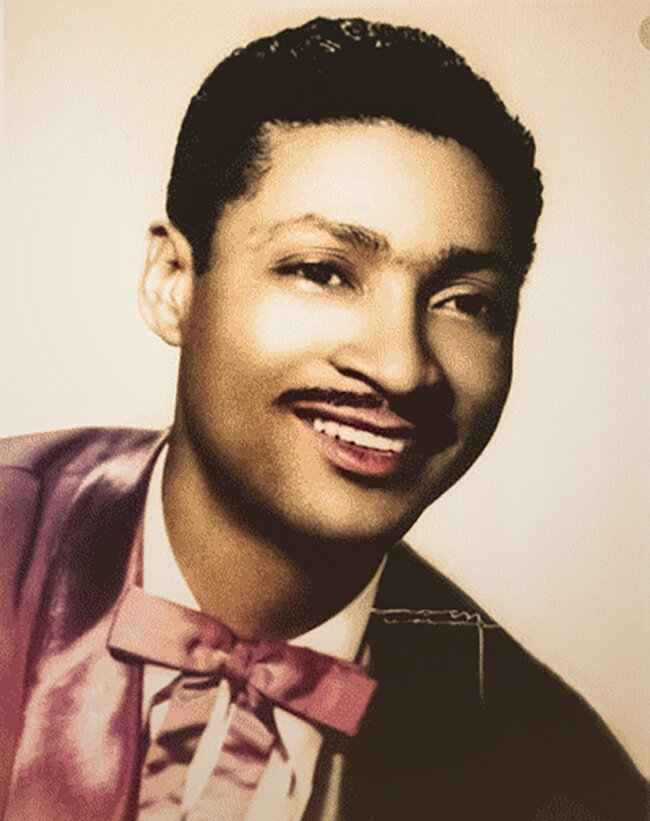Graciela Dixon
The First Black Female Chief Justice of Panama
Graciela Dixon standing in front of the Supreme Court of Panama.
Graciela Dixon made history in 2005 by becoming the first black woman to serve as Chief Justice of the Supreme Court of Panama, or Corte Suprema de Justicia de Panamá. While her election placed her in a select company concerning ethnicity and gender, Panama, in particular, is a country where Afro-Latino women rarely rise to prominence given the poverty and culture of exclusion that exists in the country. Graciela dedicated her life to eradicating those biases, initially focusing on Panama and then the world. In a 2018 United Nations interview, Graciela said:
“If everyone happens to have equal opportunities and their basic needs in health, education, living conditions, etc. met, maybe we will be able to come closer to that equality we’re talking about and have set as a goal.”
Graciela Dixon was born to John Donald Dixon and Janette Clair Caton in the seaport city of Colón in 1956. Her grandparents emigrated to Panama from the Grenadines islands many years earlier. As a child, Graciela lived in a bustling residential section of Colón, on 8th Street, between Meléndez and Santa Isabel avenues. She attended a Catholic primary school called San Vicente de Paul but transitioned to Abel Bravo High, a public school, for her secondary lessons.
Graciela Dixon’s childhood block in the city of Colón. 8th Street, between Meléndez and Santa Isabel avenues as it looks today.
Education became Graciela’s way of life from that point on, and she pursued several prestigious degrees, mostly in her native land. In 1973, she graduated from the University of Panama with a bachelor’s in Law and Political Science. Her post-graduate degree in Human Rights came from Panama’s Santa Maria La Antigua University. Somewhere between graduations, she married cattleman Humberto Cerrud, with whom she had a daughter named Graciela Libertad, who entered the field of medicine.
In preparation for a judicial career, Graciela continued her studies abroad, traveling to Barcelona, Spain. There, she entered the Training Program for Court Judges and Magistrates at the country’s General Council of the Judiciary. She also studied constitutional law in Madrid at Carlos III University.
Portrait of Graciela Dixon. Illustrated by Daniel J. Middleton.
Graciela became a litigation attorney and practiced law for 22 years. In those two decades, she represented citizens who were victims of U.S. military aggression—a result of the 1989 invasion codenamed Operation Just Cause—and she consulted the Technical Committee of UNICEF on behalf of Panama. In 1998, Graciela ended her career as a private attorney upon her judicial appointment to the Supreme Court of Justice of the Republic of Panama. In this role, she was a presiding judge in the Commercial Chamber and Criminal Chamber. In addition to deciding on human rights and constitutional cases, Graciela heard cases involving international agreements and treaties concluded with other countries.
In Panama, the Supreme Court is the highest judicial authority with a single ten-year term for its justices. In her final two years, Graciela was elected Chief Justice by a vote of her peers. Since then, Graciela has served as a Panamanian arbitrator and professor of Social Security Law, Human Rights, and Political Science. She has taught at the University of Panama and the Latin American University of Science and Technology in Costa Rica.
You may also be interested in:

This article appears in 12 Extraordinary Black Latinos.
Available from Amazon.com, BN.com, and other retailers.





Maritza Correia McClendon won a silver medal during the 2004 Olympics, and she is the first black woman—being Afro-Puerto Rican—to earn a spot on a U.S. Olympic swim team.